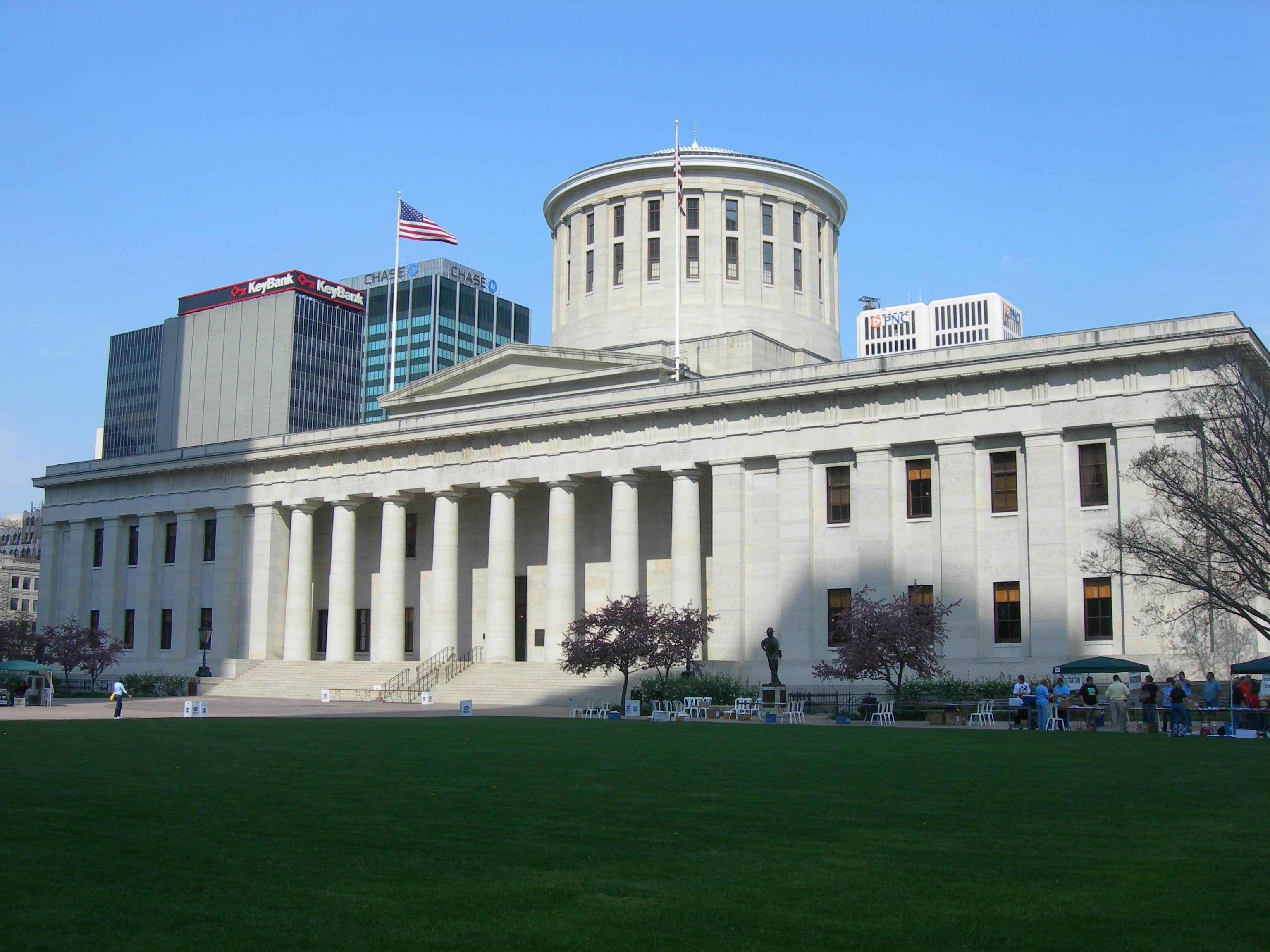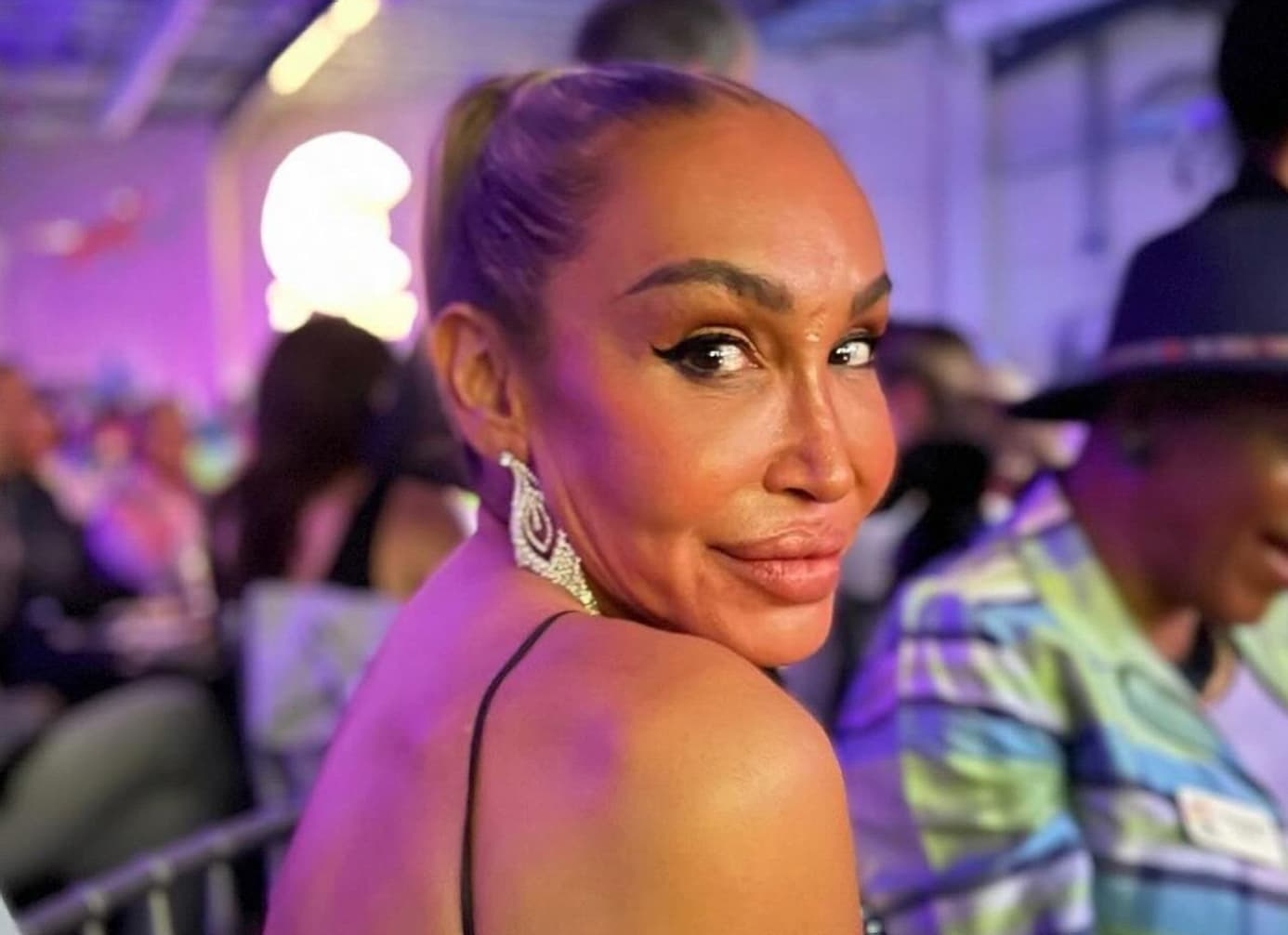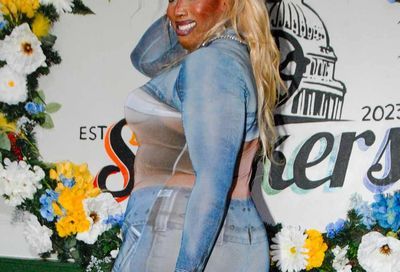2 out of every 5 LGBTQ youth have seriously considered suicide, study says
National survey by The Trevor Project finds more than 7 in 10 LGBTQ youth experience discrimination due to their identity

A recent national survey by The Trevor Project on the mental health of LGBTQ youth reveals that 39% of LGBTQ young people have seriously considered suicide in the past 12 months, with more than half of transgender or nonbinary youth contemplating it.
The survey’s findings showed that 1 in 5 LGBTQ youth had followed through on those thoughts by attempting suicide, with that number rising to 1 in 3 among transgender and nonbinary youth.
“Suicide is an ongoing public health crisis for young people in the U.S., especially among LGBTQ youth,” Amit Paley, the CEO and executive director of The Trevor Project, said in a statement. “Better understanding the mental health experiences of LGBTQ young people is a major step in addressing their significantly higher risk for attempting suicide. The Trevor Project‘s new data underscores the need for LGBTQ inclusive and life affirming policies, environments, families, and communities — especially in support of transgender and non-binary youth.”
The study, the largest of its kind focusing on the mental health of LGBTQ youth, surveyed 34,808 LGBTQ youth between the ages of 13 and 24, from every state in the United States, between Feb. 2, 2018 and Sept. 30, 2018.
Respondents were defined as LGBTQ if they identify with a sexual orientation other than straight/heterosexual, a gender identity other than cisgender, or both.
The survey found that LGBTQ youth struggle with societal acceptance of their identity, with 71% of youth saying they’ve been discriminated against because of their sexual orientation or gender identity.
Perhaps even more concerning, suicide attempts are twice as high among those who said they’ve experienced discrimination or have been physically threatened due to their LGBTQ status than among those who did not.
Fewer than half of LGBTQ youth report being out to a teacher or other official at school, and are universally more likely to come out to friends rather than adults in their lives.
There is a disparity in coming out to parents, with 68% of youth saying they’ve told their parents about their sexual orientation, but only 51% saying they’ve told their parents about their gender identity.
Additionally, 76% of youth felt that recent political developments involving LGBTQ issues impacted their mental health or sense of self.
“It’s important to note that LGBTQ youth are not at higher risk of suicide because of their sexual orientation or gender identity — they are at a higher risk because they face harmful rejection and discrimination from friends, families and communities that can make them feel their lives are worth less than their straight or cisgender peers,” Paley said. “That is why it is so important that we work tirelessly to let LGBTQ youth know that they are beautiful as they are, that they are deserving of respect, and that they are not alone.”
The study also looked at the intersection of conversion therapy and suicidal ideation among youth, producing some disturbing findings.
Two out of every three youth report that someone attempted to convince them to change their sexual orientation or gender identity, although only 5% of respondents said they actually were subjected to conversion therapy.

However, among that smaller number of LGBTQ youth subjected to conversion therapy, 42% reported a suicide attempt in the past year, compared with 17% of youth who were not subjected to conversion therapy.
When just looking at transgender and nonbinary youth who were subjected to conversion therapy, the percentage of those reporting suicide attempts rises to 57%.
Those percentages are consistent with the results of a peer-reviewed study published last year, which found that LGBTQ youth who are subjected to conversion therapy are nearly three times as likely to attempt suicide as those who have not been subjected to conversion therapy.
LGBTQ advocates hope that this data can be used to encourage policymakers to create safe spaces for youth and potentially convince lawmakers to pass laws prohibiting the practice on youth.
“These heartbreaking figures underscore the urgent need for states to take action to protect LGBTQ young people and their families from the devastating harms caused by conversion therapy,” Mathew Shurka, a conversion therapy survivor and co-founder of Born Perfect, a campaign undertaken by the National Center for Lesbian Rights seeking to outlaw the practice of conversion therapy on youth, said in a statement.
“While many states have stepped up to address this abuse, many others have not,” Shurka added. “Conversion therapy is fraudulent and harmful. No young person in this country should have to fear being subjected to such a dangerous and unethical practice, and no family should have to fear that a licensed therapist will subject their child to a discredited treatment that has been rejected as ineffective and unsafe by every leading medical and mental health organization in the country.”
“As this new data confirms, the evidence that conversion therapy puts LGBTQ youth at risk of serious harms is overwhelming,” Shannon Minter, NCLR’s legal director, said in a statement. “No issue is more important to the health and well-being of LGBTQ youth than putting a stop to this invidious practice once and for all. We call on state and local policymakers to take immediate steps to educate parents about the harms caused by conversion therapy and to ensure that no licensed therapist can engage in these dangerous practices.”
Support Metro Weekly’s Journalism
These are challenging times for news organizations. And yet it’s crucial we stay active and provide vital resources and information to both our local readers and the world. So won’t you please take a moment and consider supporting Metro Weekly with a membership? For as little as $5 a month, you can help ensure Metro Weekly magazine and MetroWeekly.com remain free, viable resources as we provide the best, most diverse, culturally-resonant LGBTQ coverage in both the D.C. region and around the world. Memberships come with exclusive perks and discounts, your own personal digital delivery of each week’s magazine (and an archive), access to our Member's Lounge when it launches this fall, and exclusive members-only items like Metro Weekly Membership Mugs and Tote Bags! Check out all our membership levels here and please join us today!




























